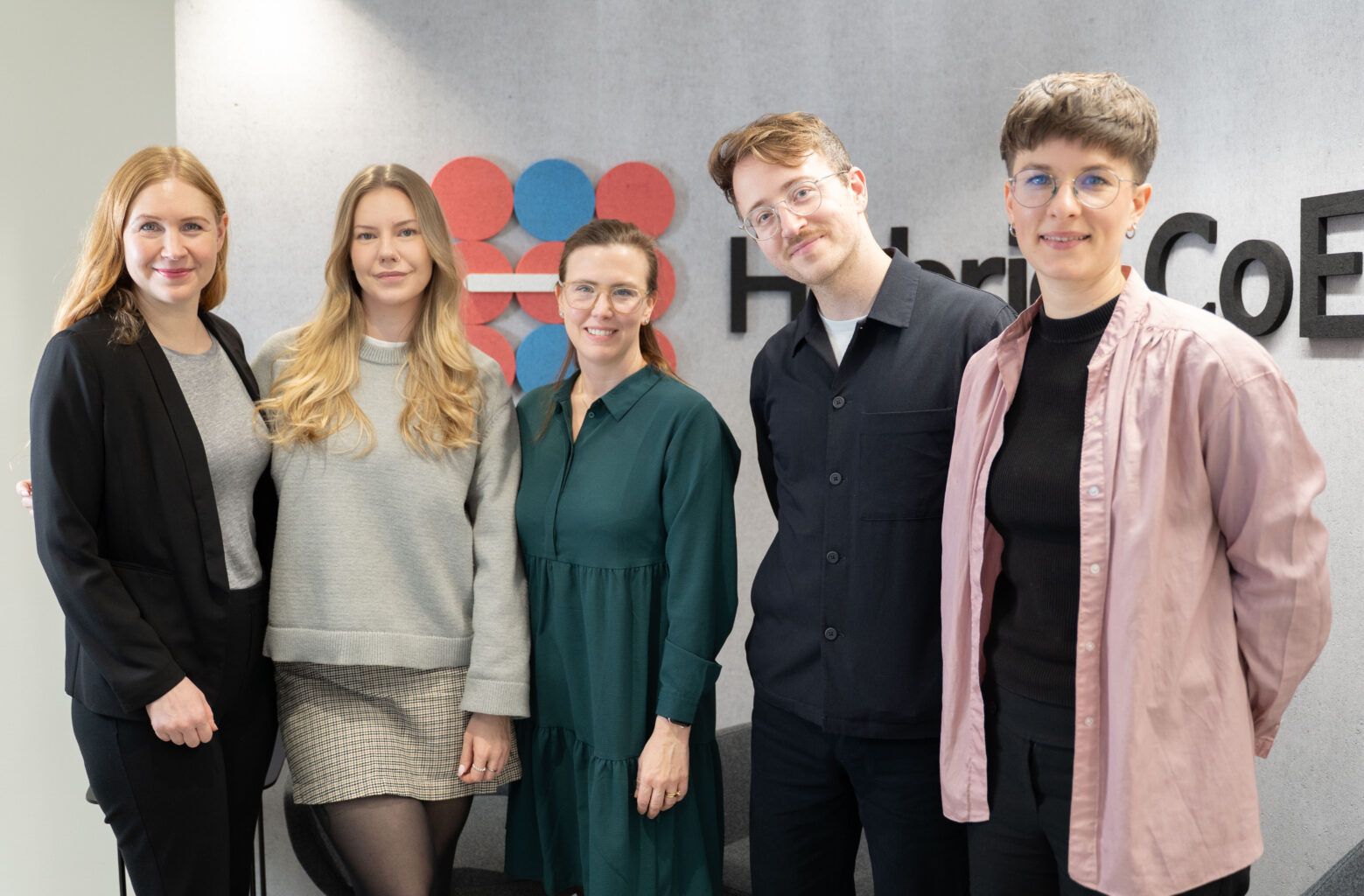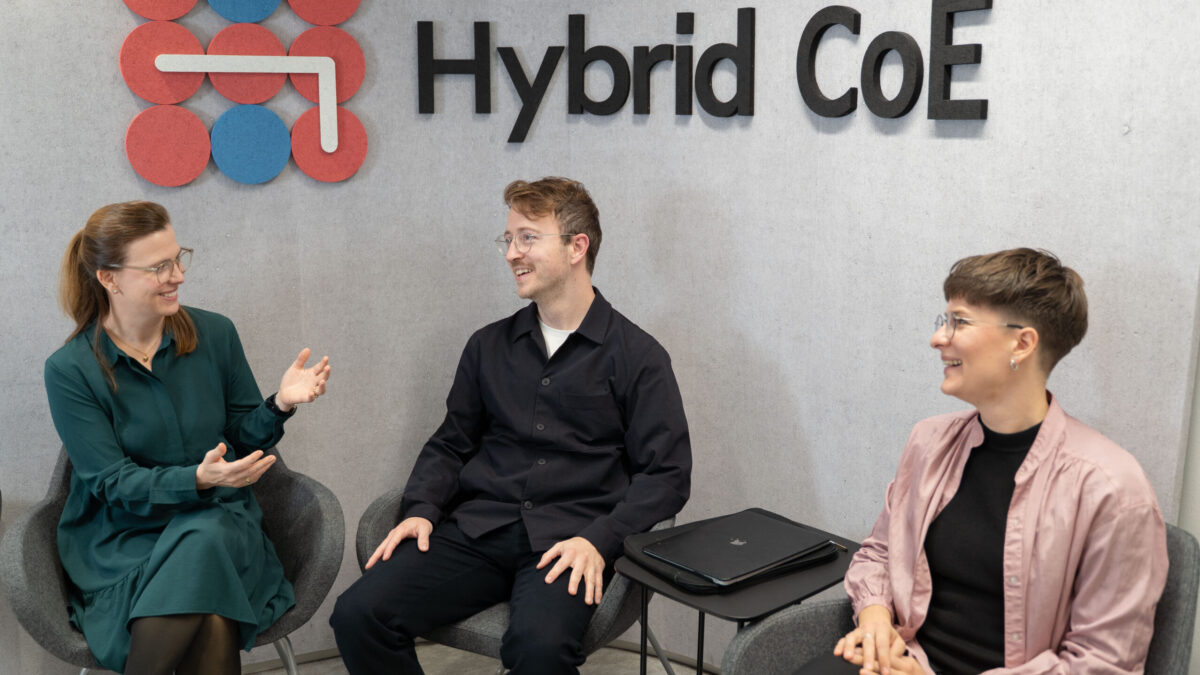“Weaponizing identities and values is a powerful hybrid tactic to increase a country’s societal polarization from the outside,” said Outi Jalonen, Analyst at Hybrid CoE.
A group of practitioners, academics and other participants from EU and NATO member states came together on 21 October to discuss the weaponization of identities as a means of hybrid threats – first in a webinar, then in a roundtable discussion.
During the webinar Dr Elsa Hedling, Dr Aiden Hoyle and doctoral researcher Martha Stolze shared their insights and explored the complexity and diversity of hybrid campaigns that target and exploit identity-based vulnerabilities within democratic societies. They presented tracked cases, ranging from disinformation targeting gender and sexuality to social and ethnic identities. Their presentations were followed by a discussion of how such disinformation could exploit democratic processes, and the challenges and opportunities states faced in addressing and mitigating foreign interference.
Some key takeaways from the discussion:
- To counter identity-based disinformation, it is vital first to identify our vulnerable spots and take the threat seriously.
- It is important not to exclude already marginalized groups from discussions and countermeasures.
- Building resilience against identity-based disinformation requires a whole-of-society approach that considers country-specific trust factors and delivers responses through entities or institutions that the public perceives as trustworthy.
Elsa Hedling’s Hybrid CoE Paper “Social identities and democratic vulnerabilities: Learning from examples of targeted disinformation” was published in April 2025. The publication examines the intersection of social identities and hybrid threats, presenting case studies from Germany, France, Sweden and beyond to illustrate how hybrid threat actors manipulate ethnic, religious, gender and socioeconomic identities.

Photo: Henri Rehtijärvi / Hybrid CoE



